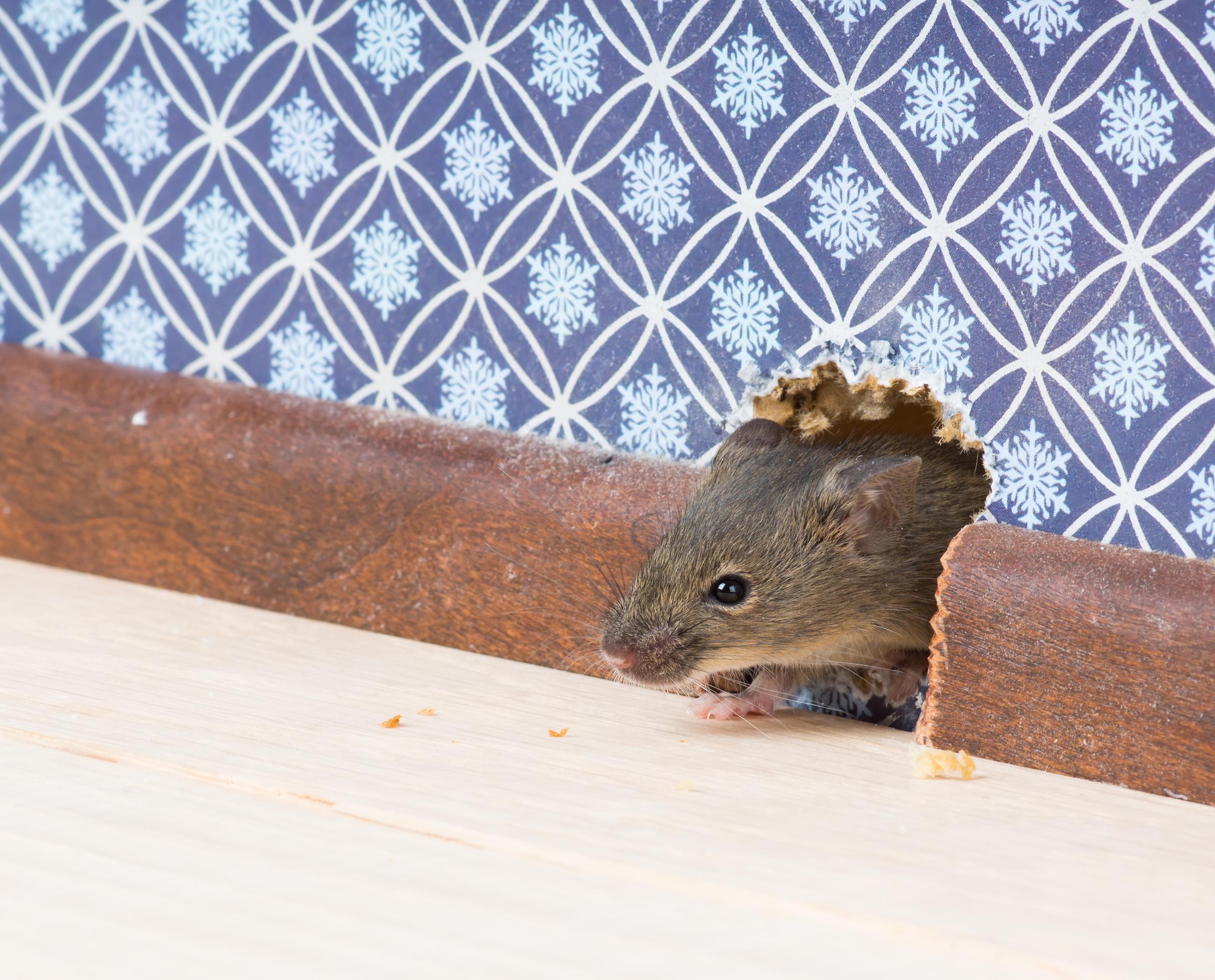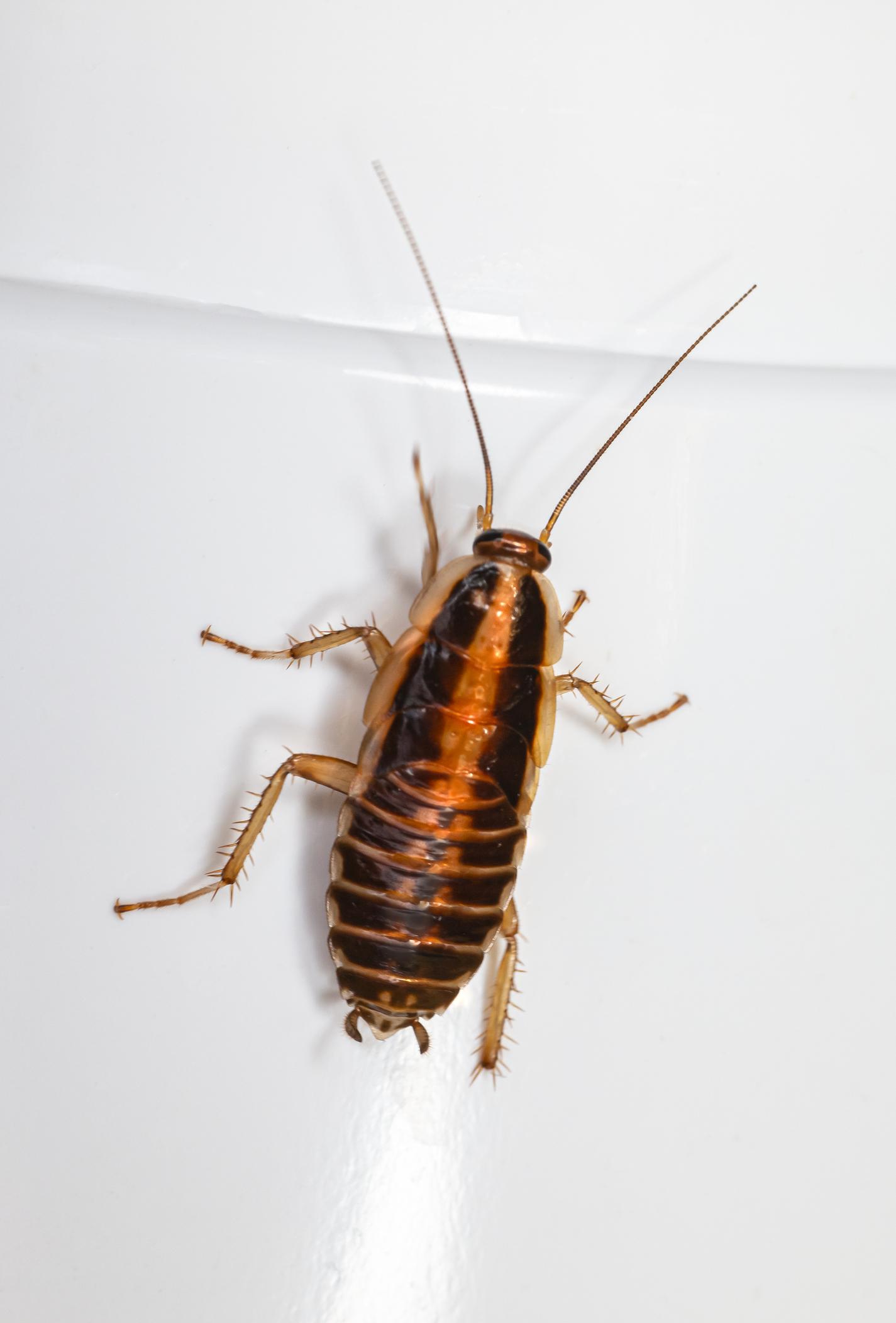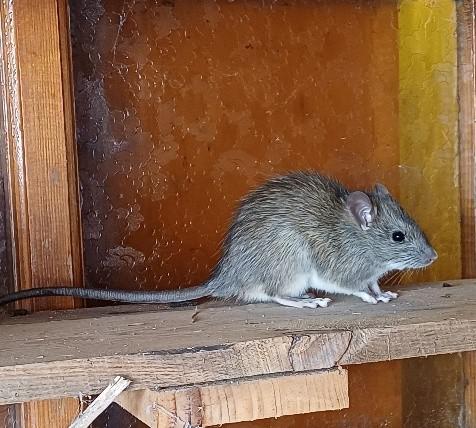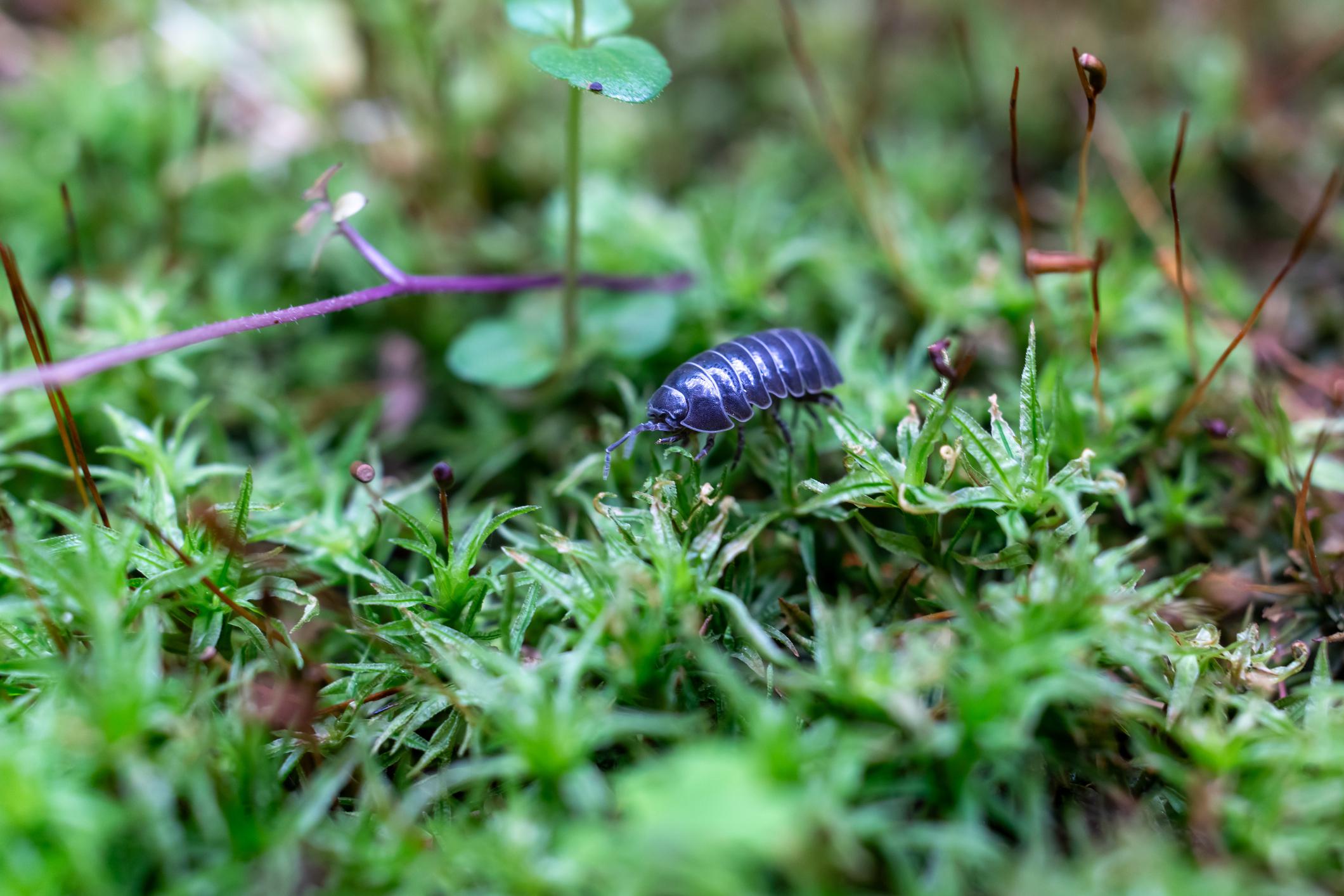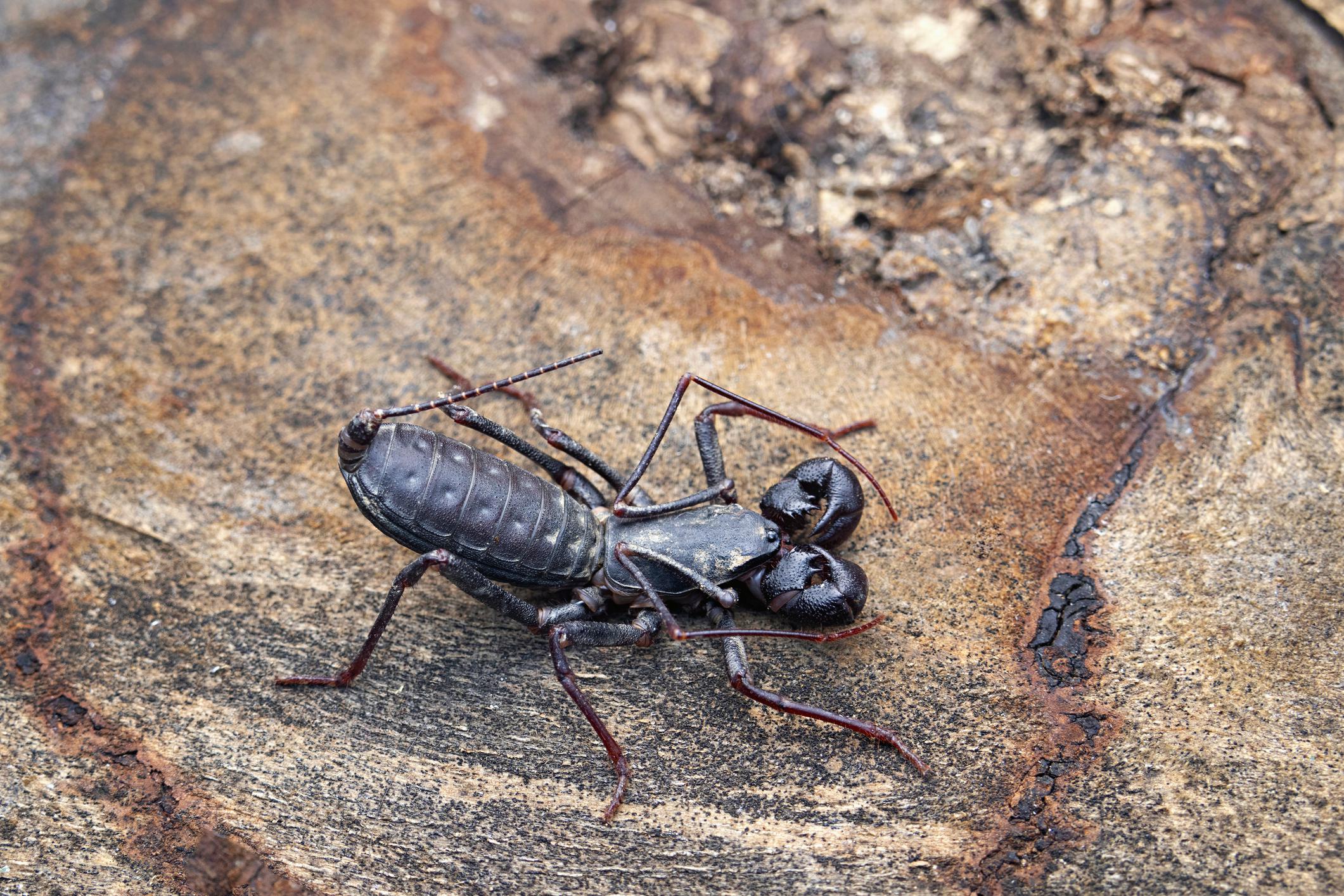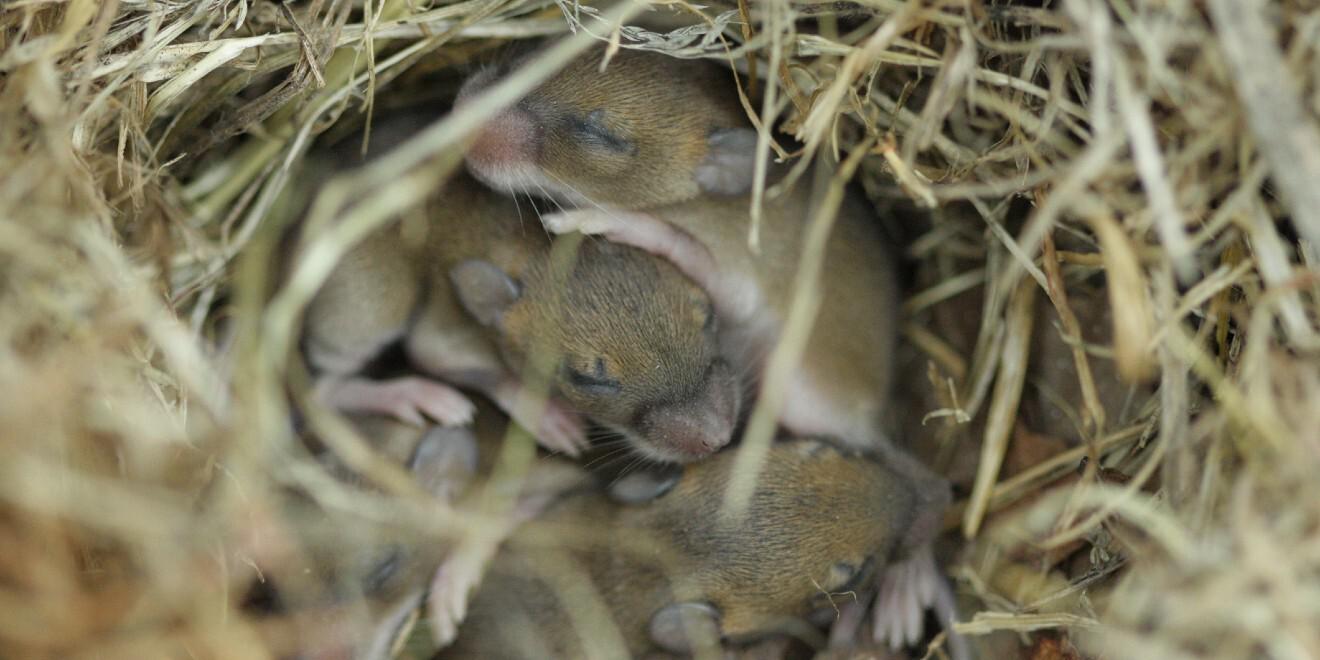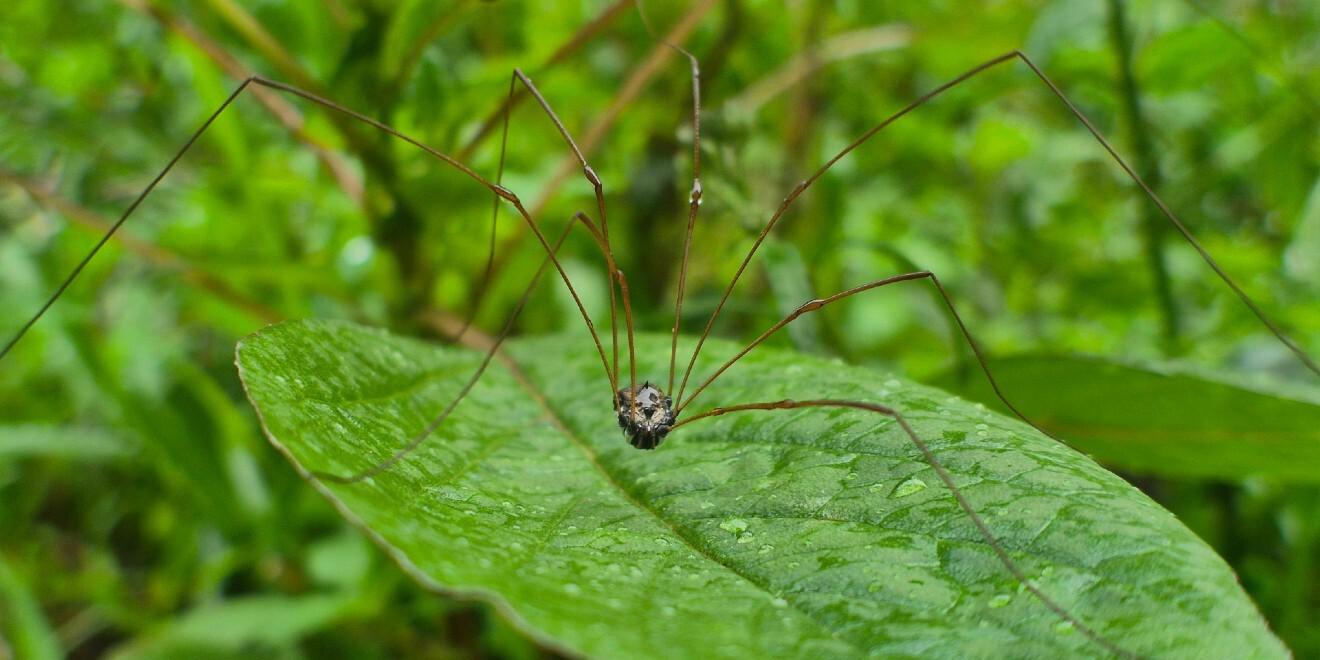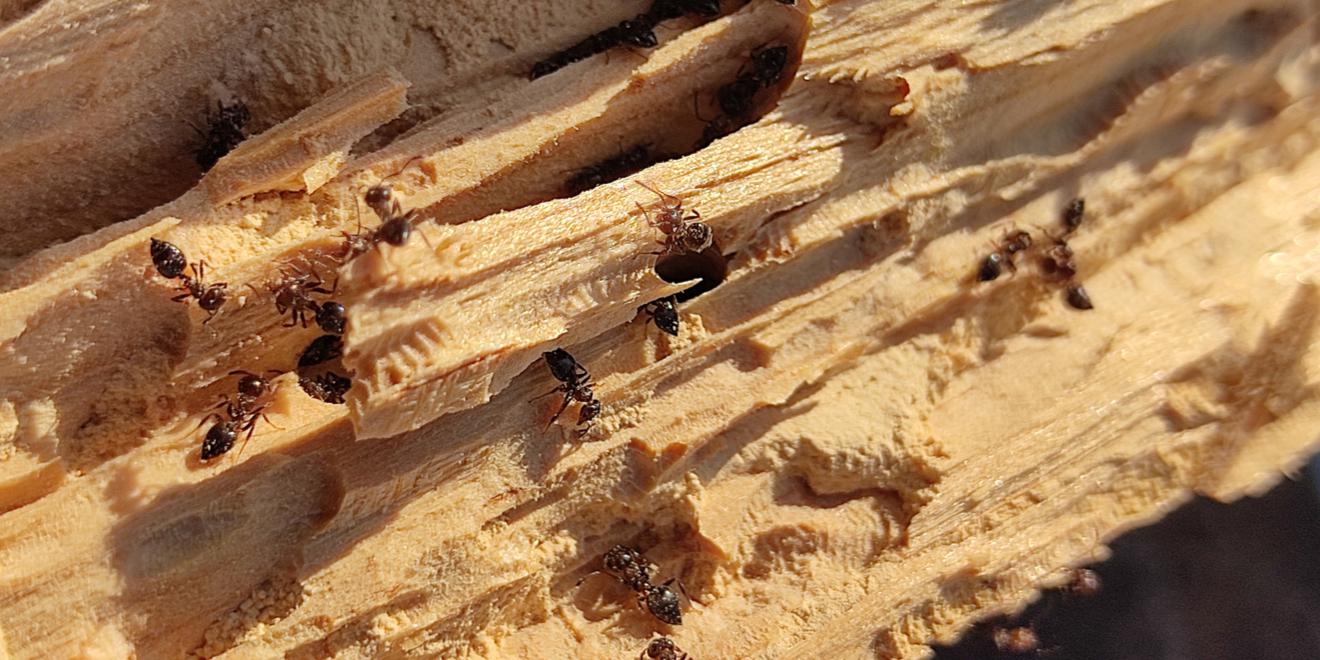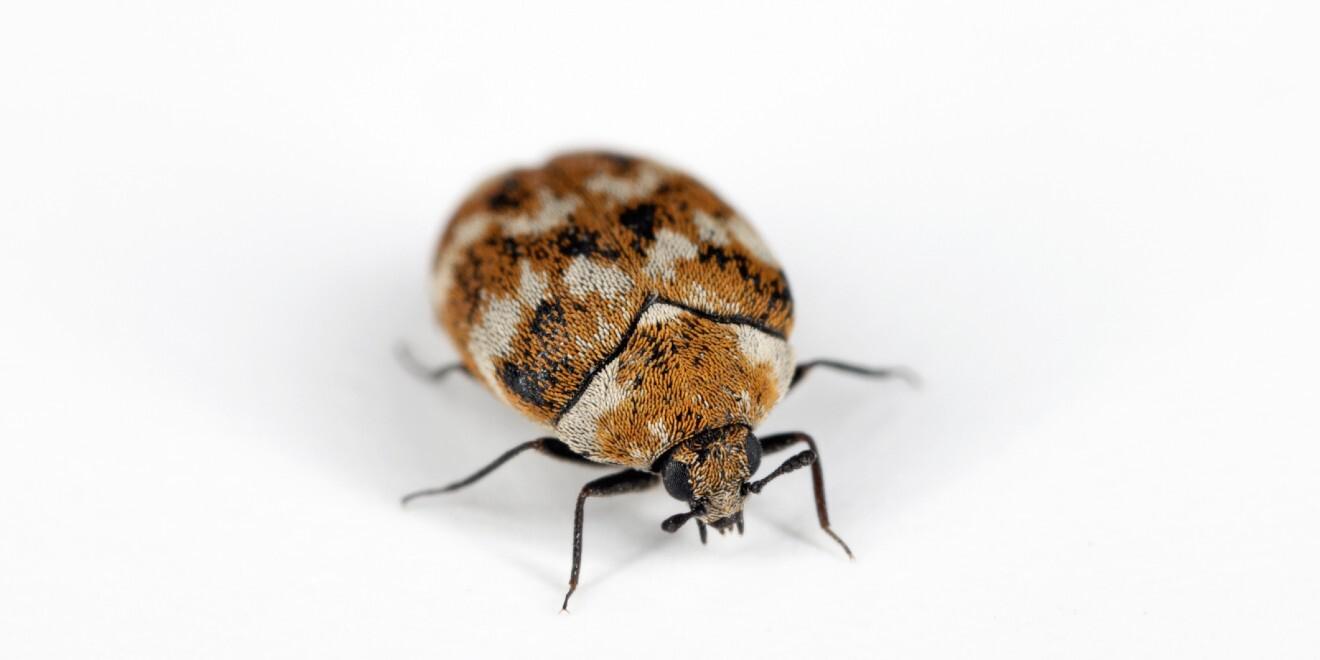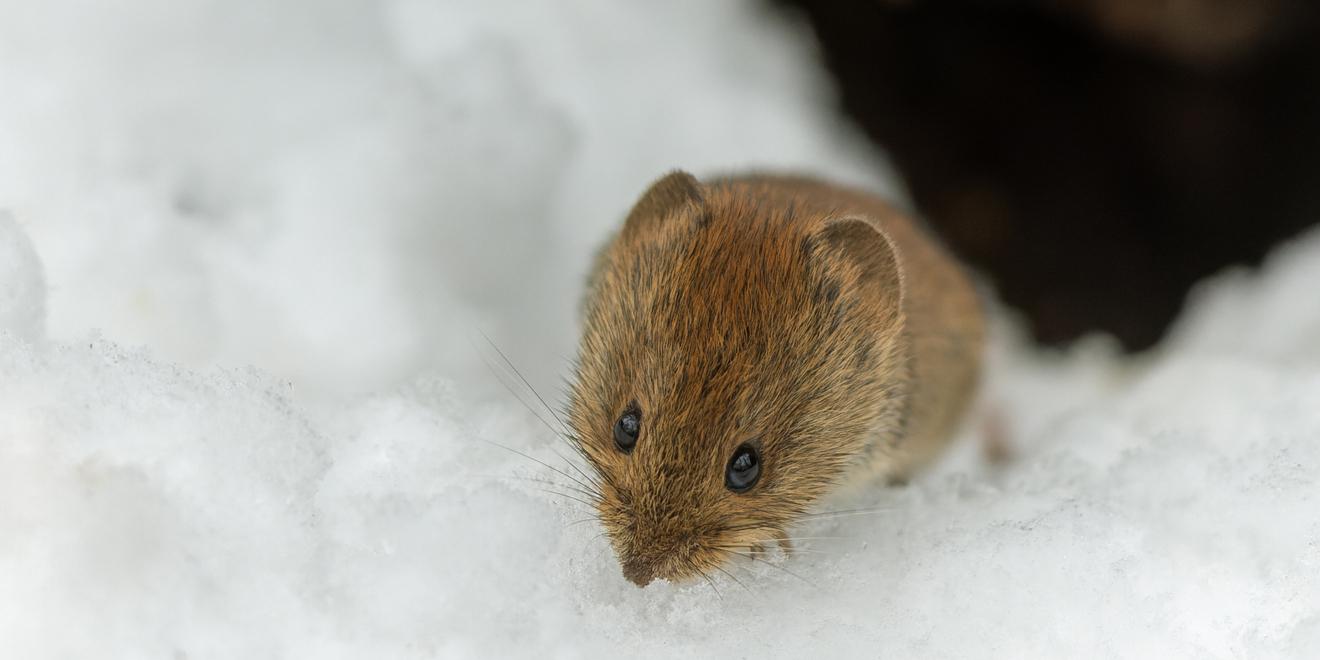Are Lone Star Ticks Present in Troy, VA?
Posted by Mosquito Squad
August 12, 2025
Troy’s mix of wooded property edges, grassy fields, and abundant wildlife are the perfect conditions for ticks to really thrive. And one the most concerning is the Lone Star tick. Recognizable by the single white spot on the female’s back, this aggressive tick is now widespread in Central Virginia and is a known carrier of diseases and allergic reactions that can impact both humans and pets.
As Troy, VA tick control experts, we can tell you that understanding where Lone Star ticks live, the health risks they bring, and how to limit exposure is important if you want to stay safe outdoors.
What are Lone Star ticks and why are they dangerous?
The Lone Star tick (Amblyomma americanum) has expanded far beyond its original southern range. In Central Virginia, including the Troy area, these ticks are commonly found in:
- Tall grass and overgrown pastures
- Shaded leaf litter and brush piles
- Edges where lawns meet woods
Unfortunately, unlike many other species that passively wait for hosts, Lone Star ticks actively seek them out. This unsettling behavior is called “questing” and, as you might expect, increases the likelihood of human and pet encounters.
Health concerns linked to Lone Star ticks include:
- Alpha-Gal Syndrome (AGS): An allergic reaction to a sugar molecule in red meat, often triggered by a Lone Star tick bite. Symptoms can appear hours later and often include hives, digestive distress, and even anaphylaxis.
- Ehrlichiosis: A bacterial infection that can cause fever, chills, muscle aches, and other flu-like symptoms.
- Southern Tick-Associated Rash Illness (STARI): A Lyme-like illness with rash and fatigue.
The point is that you and your family don’t want to experience any of these illnesses.
When are Lone Star ticks most active?
In Troy, Lone Star ticks become active as early as March and can remain a threat well into late fall. Peak season often runs from late spring through summer when warm, humid conditions favor breeding and survival. Populations thrive in undisturbed areas with moisture, but they can also be found closer to homes—especially if landscaping creates shaded, humid microclimates.
How do I reduce the risk of being bitten by Lone Star ticks?
If you want to reduce the risk of being bitten by Lone Star ticks, here are four practical things you can do to minimize exposure:
- Wear long sleeves and pants during outdoor activities.
- Use EPA-registered repellents.
- Conduct thorough tick checks after spending time in grassy or wooded areas.
- Keep lawns trimmed, remove leaf litter, and create a barrier of gravel or mulch between wooded edges and your yard.
And if you still need help managing tick populations in your yard, reach out for professional assistance. This is not a problem you want to let spiral out of control.
Protect Your Yard with Professional Tick Control in Troy, VA
At Mosquito Squad of Charlottesville, we provide targeted tick control treatments designed for the habitats where Lone Star ticks hide and breed. Our Yard Defender program uses EPA-registered products applied with precision to:
- Treat tall grass, brush lines, and shaded areas
- Interrupt the tick life cycle
- Reduce populations before peak season bites occur
So if you are ready to take control of your yard before tick season peaks, call (434) 363-9274 or contact us online for a complimentary Troy, VA tick control assessment and quote.
Read about our 100% customer satisfaction guarantee!

